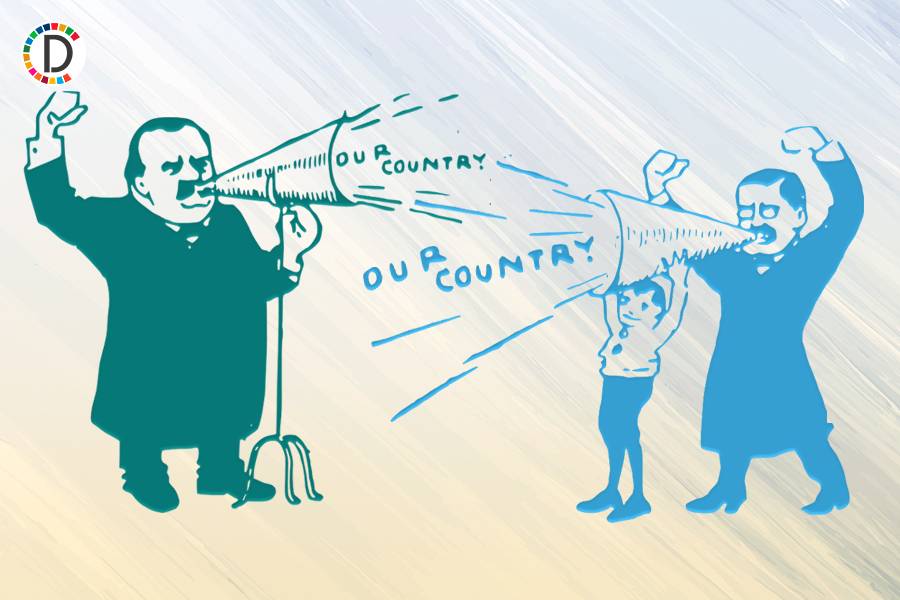Far Right's Blocking Minority Shakes German Politics
The Alternative for Germany's (AfD) recent electoral victory in Thuringia has granted it a blocking minority, enabling it to obstruct legislation requiring a two-thirds majority. This unprecedented power for a far-right party in post-WWII Germany poses significant risks of legislative paralysis and threatens judicial and security appointments.

The Alternative for Germany (AfD) won over 33% of seats in Thuringia's state election, acquiring the power to block bills requiring a two-thirds majority. This is the first time a far-right party has held such legislative power in Germany since World War Two.
This blocking minority can obstruct significant decisions, including constitutional changes and key appointments. The rule, meant to prevent authoritarian power grabs, is now being wielded by a party known for opposing liberal democratic values.
The AfD's blocking strategy could lead to legislative paralysis, compromise judicial appointments, and reinforce voter perceptions of state dysfunction, affecting national elections.
(With inputs from agencies.)
ALSO READ
Marine Le Pen’s Far-Right Rally Gains Unexpected Power in France
Nine-Year Jail Sentence for Arsonist in Far-Right Riots
Trump Distances Himself from Far-Right Theorist Laura Loomer Amidst Controversial Remarks
Trump Refuses to Disavow Far-Right Conspiracist Laura Loomer
Germany's Far-Right Challenges Olaf Scholz's SPD in Crucial Regional Vote










